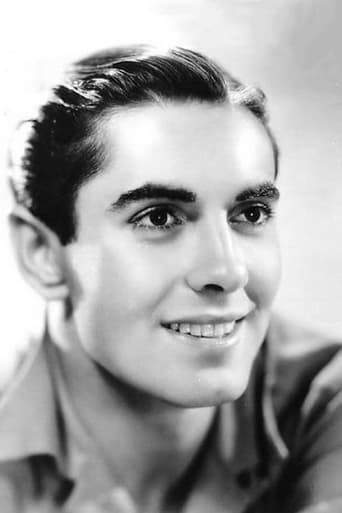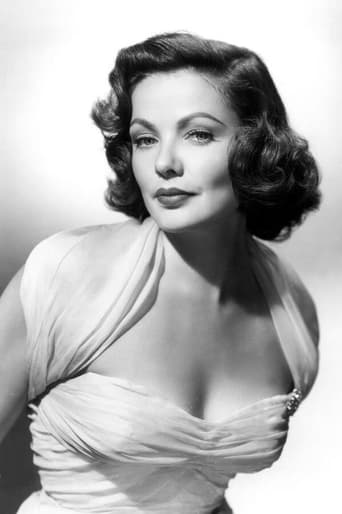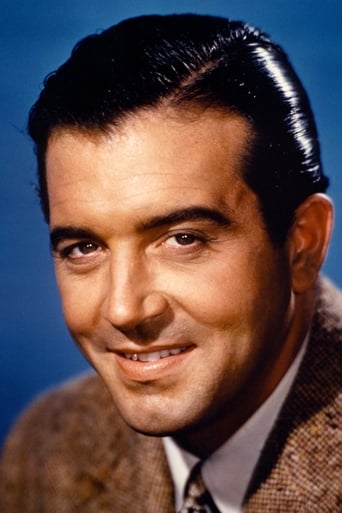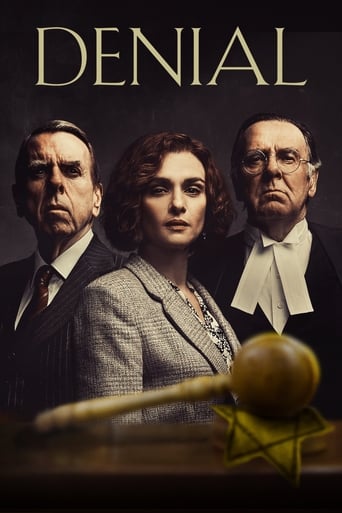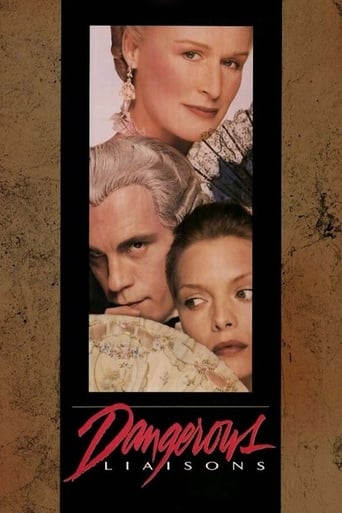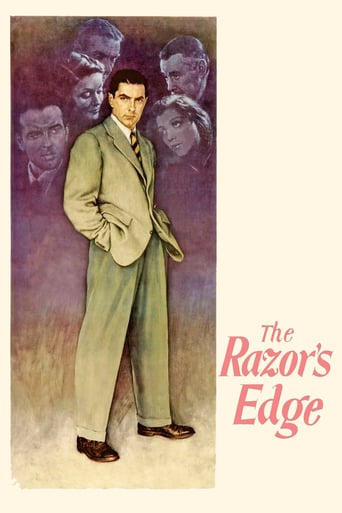
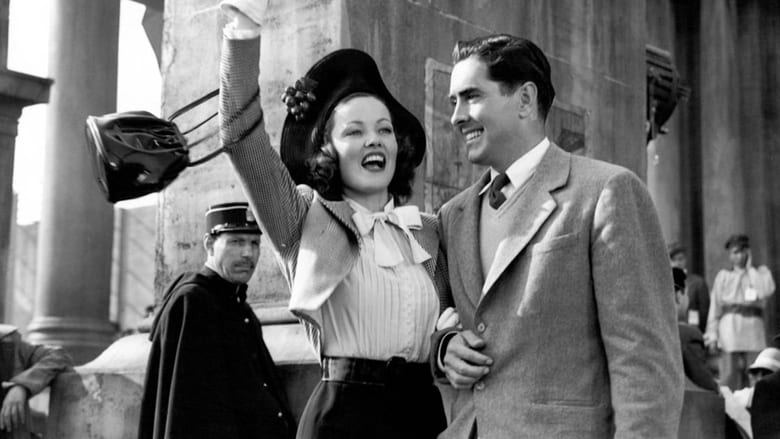
The Razor's Edge (1946)
An adventurous young man goes off to find himself and loses his socialite fiancée in the process. But when he returns 10 years later, she will stop at nothing to get him back, even though she is already married.
Watch Trailer
Cast


Similar titles
Reviews
Edmund Goulding directed this adaptation of the W. Somerset Maugham novel about Larry Darrel(played by Tyrone Power) a returning WWI veteran who finds that he cannot adjust to his old life after his war experiences, so breaks off his engagement to Isabel(played by Gene Tierney) and travels the world looking for enlightenment. Ten years later, Larry returns to find Isabel married to a man named Gray(played by John Payne)though finds that she still loves him. They also meet old friend Sophie(played by Anne Baxter in an Academy Award winning best supporting actress performance) who has fallen low after a series of tragedies wrecked her life. Clifton Webb plays Isabel's eccentric uncle Eliot. Interesting story, though goes on a bit too long, and ends inconclusively, but still features fine acting and unusual touch of having the author appear as a character(played by Herbert Marshall).
Lamar Trotti adapted this handsomely-produced, well-dressed version of the W. Somerset Maugham novel, starring Tyrone Power as the American WWI flier who shuns the corporate progress of his country (and the hand of débutante Gene Tierney) by 'loafing' in Paris, hoping to find himself; traveling to India to study mysticism, he later attempts to treat his ailing society friends with the methods of self-awareness he has learned. What promised to be a rich dissection of the classes (aided by Clifton Webb's lively portrayal of an insufferable--and insufferably wealthy--snob) is eventually whittled down into an episodic and overly-familiar tale of love and jealousy: man's need for self-discovery and woman's need to pin a man down. Anne Baxter won the Supporting Actress Oscar (most probably for her hospital breakdown sequence), however her role as a young widow who didn't marry for money and became a lush is rather preposterous (and Baxter's third-act scenes are unevenly performed). Power is handsome yet wooden, with a furrowed brow; Herbert Marshall (playing a humorless Maugham) is left rudderless; but Tierney, perhaps channeling the poisonous vibes from her role in "Leave Her to Heaven" the year before, glints with decadent evil like a society spider; explaining the meaning of goodness to this woman is just wasted breath! She steers the movie in an entirely different direction, as a weeper. This is both pro and con. Remade in 1984 with Bill Murray in the lead. ** from ****
Old Hollywood was always in trouble when dealing with Deep Think. That's because of the medium's commercial nature. When flirting with spiritual or religious beliefs, the studios simply didn't want to risk offending potential ticket buyers. So, when dealing with Deep Think (not their many biblical epics which were unabashedly Christian), the studios compromised to the point of absurdity by either flattening out the message or trivializing it. Here it's trivialized. After all, who's against Goodness. As a result, we wait 145-minutes to find out that, yes, Goodness is in fact a good and noble thing, and with that, Larry (Power) is on his way to enlightenment. And naturally, no one's offended, except maybe those who had expected something more.Of course, the profundity is wrapped in lavishly mounted studio soap opera, with two of Hollywood's most beautiful people surrounded by whirling hosts of well-clothed extras. In fact, that opening ballroom scene is a marvel of orchestrated staging as the characters are introduced by serially playing off one another. At the spectrum's other end, however, is that dreadful monastery scene with its painted mountain backdrop and facile dialog. Flattening the import of that pivotal scene are the repeated references to god as though that's where all paths must inevitably lead. And that's along with the spectacular alpine vistas fairly shouting celestial light from a heavenly above. I'm sure all that window dressing comforted nervous audiences who could then wink at Larry's spiritual quest and not feel the least bit threatened. But it also reduced a profound subject to a superficial level.Another area that gets a Hollywood treatment are values and class, always tricky topics for an industry backed by Wall Street. The movie goes to pains circulating Larry among the gilded elite of Chicago as epitomized by the petulantly snobbish Templeton (Webb) and the selfishly insulated Isabel (Tierney). But, the elite's values are clearly materialistic, a spiritual dead-end in Larry's view as he heads off to learn from suffering with the working class. The screenplay thus sets up an implicit critique of the gilded class and the values that guide them. Well and good. But then the screenwriters can't seem to decide what to do with this point of view; after all, that's another touchy topic among audiences, especially coming so soon after the societal upheaval of the 1930's.As a result, Larry never really criticizes the peer group he's been a part of, never really explains, that is, why he sees his social class as a spiritual dead-end, which of course would delve into a socially touchy subject. Nor, for that matter, does Larry explain why "salvation" lies through sharing a working class experience. We're left, I guess, to suppose the answer has to do with the suffering caused by hard physical labor and poor pay this class must endure. This subtext, however, is never really brought to the surface and remains unresolved at movie's end. Thus, big studio TCF and its head honcho, producer Zanuck, nibble around a second tinderbox topic, tantalizing us but never really delivering.The movie does have a definite upside. For one, it's exquisitely well photographed, compensating somewhat for the 2-hour-plus run time. At the same time, the ballroom scenes are especially well choreographed and lavishly upholstered, creating an impressive air of wealth and breeding that makes Larry's renunciation a genuine material sacrifice. Then too, there's Webb's lively version of an unregenerate snob, a character he could do to waspish perfection. Also, Marshall's quietly observant author provides a needed contemplative note. However, in the film's pivotal role Power fails to provide the needed depth his character requires, or as another reviewer observes, Larry is pretty much the same after his trip to India as he was before. Fortunately, Power would later find that depth in Nightmare Alley (1947).All in all, the movie remains an overlong visual treat that fortunately includes the exquisite Tierney. But as one might expect from old Hollywood, the film fails crucially at coming to grips with its two overriding themes—spirituality and class. As a result, two of life's most important questions are given unchallenging treatment. In short, here as elsewhere, where Deep Think is concerned, commercialism precedes all else.
I am still haunted by the painted backdrop of mountains in that Himalayan monastery. While this movie has so many stunning, expensive scenes, for example, a nightclub full of dozens of authentically looking and dressed extras while the camera catches it all panning the scene, the cheapness of this backdrop is glaring.Another example, The director brilliantly involves us in Larry's existential angst, looking to find out what life is all about There is a great scene with a defrocked priest. Yet, when Larry gets to that phony looking monastery to finally get THE answer, we hear only ambiguous platitudes from the great maven of the upper regions. I know that not much more can be expected, but it does weaken the movie by being included.Still, the Paris scenes are great. Tierney is at her thespian best; her great beauty adds to the ambivalence we feel about her character. Power is right for his part and does a first rate job, as do Webb, Watson, and Marshall. Baxter looked to me like she was being directed by C. B. DeMille. Payne looked like he wasn't directed at all.


